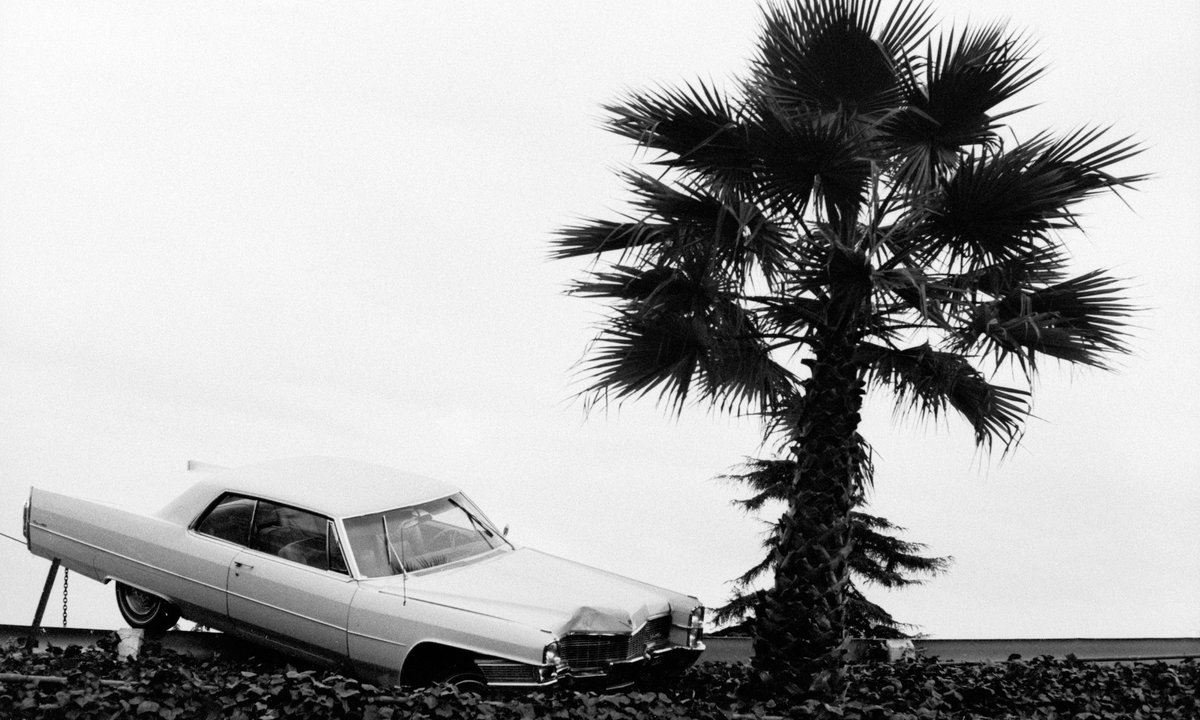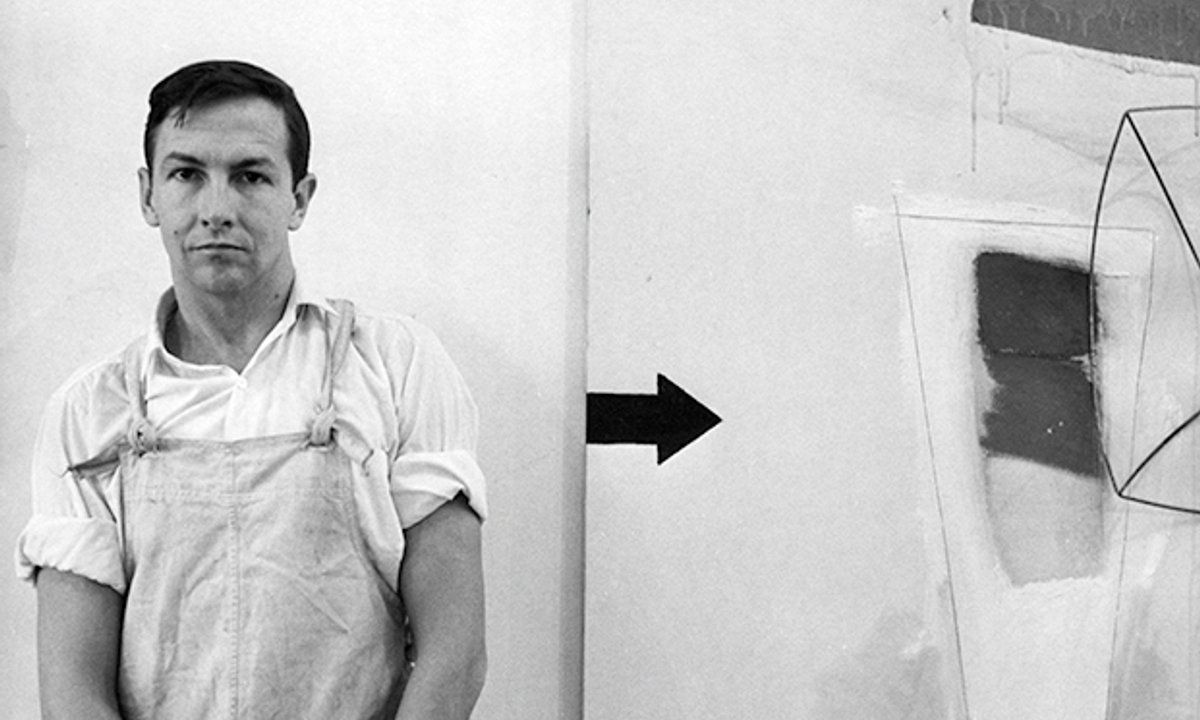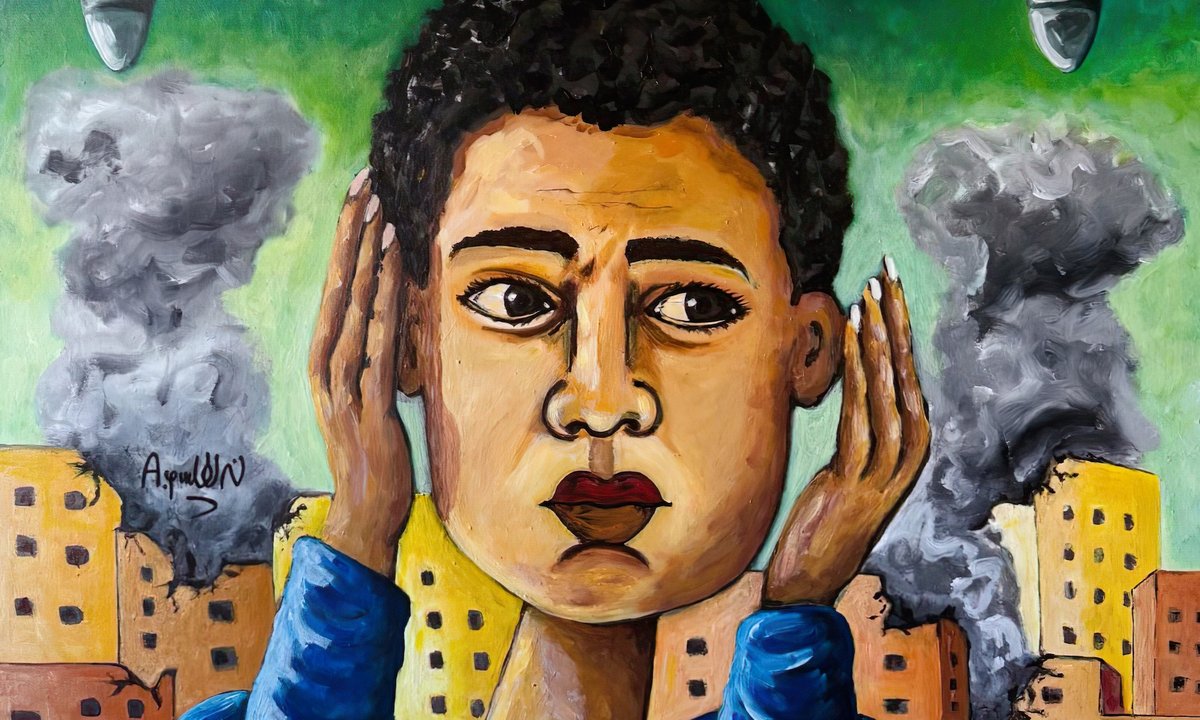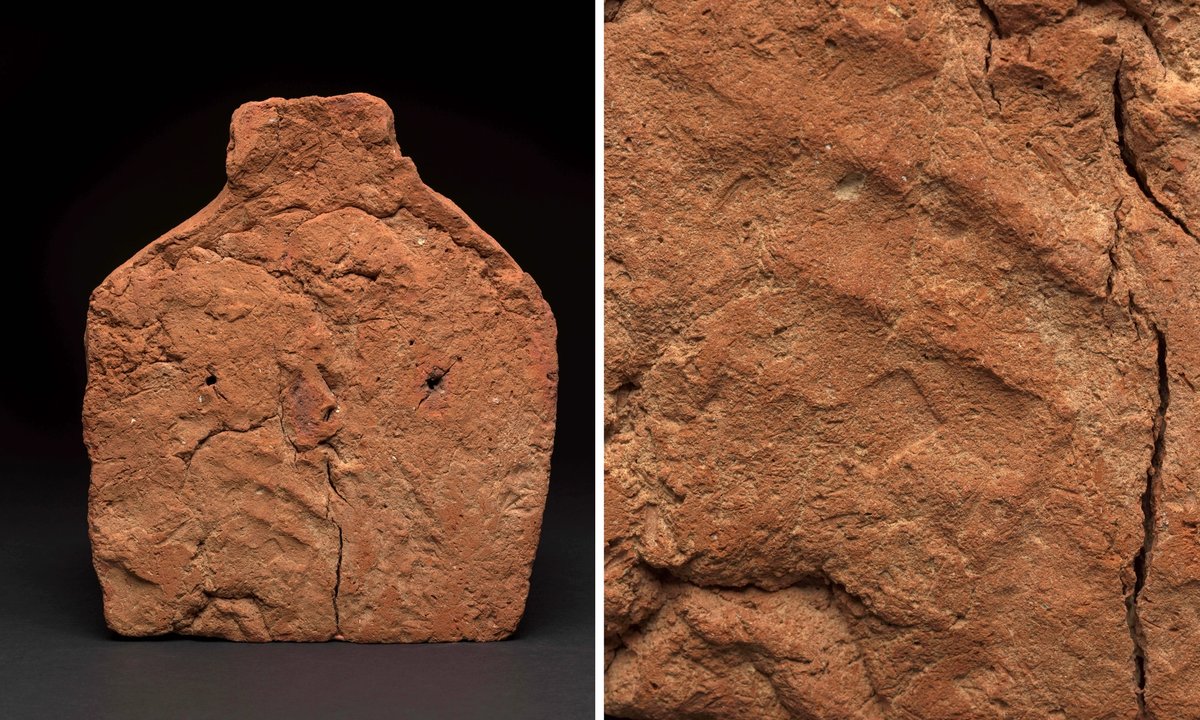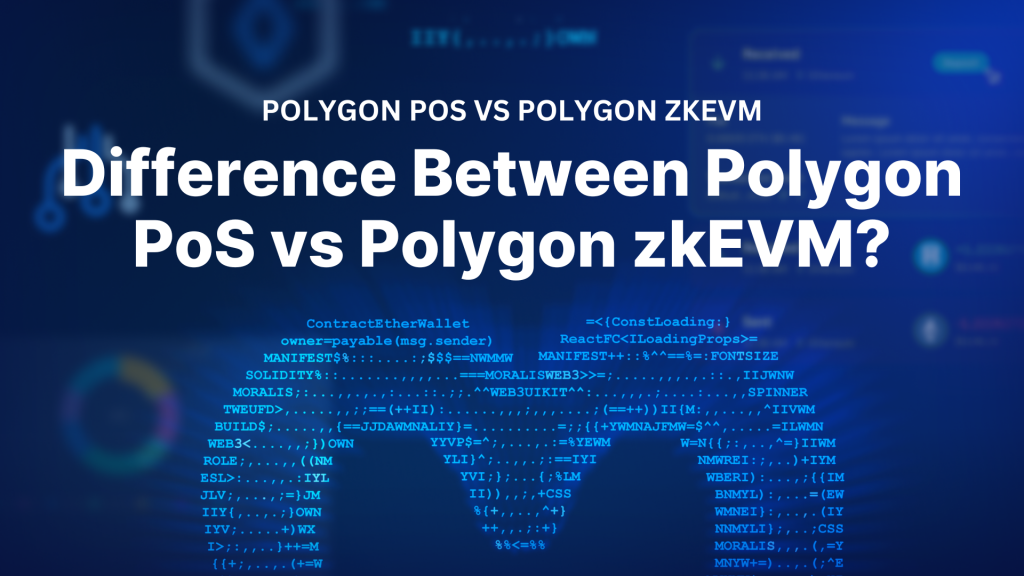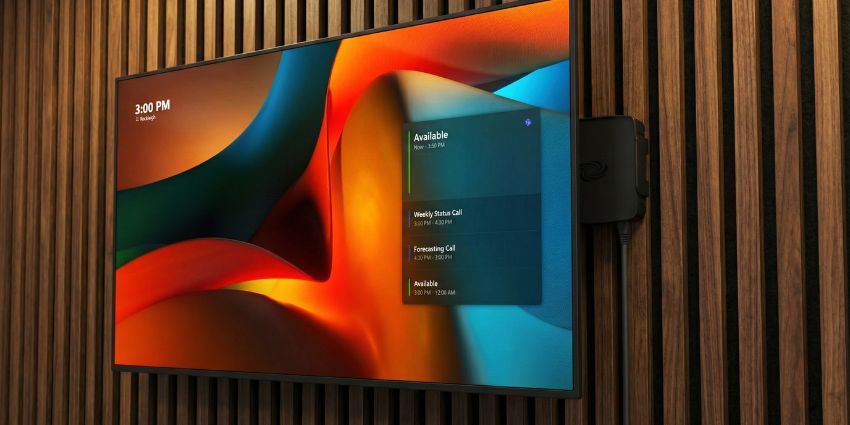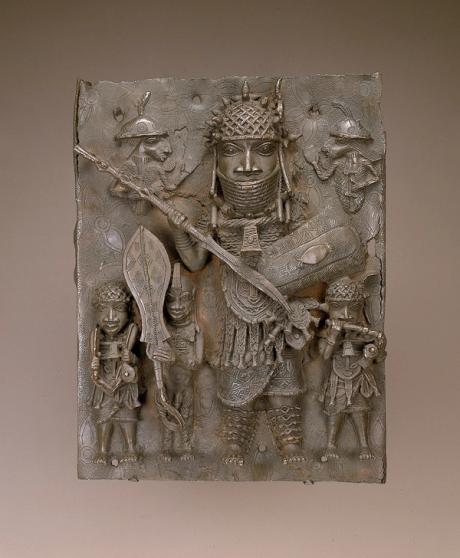
A New York-based organisation referred to as the Restitution Examine Group (RSG) is main a lawsuit to cease the return of Benin bronzes from the Smithsonian Establishment in Washington, DC to Nigeria. At a ceremony on 11 October, possession of 29 Benin bronzes was legally transferred from the Smithsonian to the Nigerian Fee for Museums and Monuments (9 objects are attributable to stay on the Smithsonian on long-term mortgage).
Deadria Farmer-Paellmann, the RSG founder and government director, argues although that the bronzes are linked to the descendants of enslaved folks in America, and that returning them would deny them the chance to expertise their tradition. She is herself a descendant of enslaved folks delivered to the US from the dominion of Benin.
The so-called Benin bronzes have turn out to be a touchstone to check museums’ readiness to restitute heritage looted from Africa within the colonial period. After the violent 1897 plunder and devastation of the Royal Palace of Benin by British troops, not less than 3,000 artefacts have been dispersed internationally.
“We specifically oppose the return of the Sixteenth-to Nineteenth-century metallic bronzes as a result of they have been made with melted manilla forex [that] the Benin Kingdom was paid in change for our ancestors they offered to European slave merchants [into the transatlantic slave trade],” Farmer-Paellmann tells The Artwork Newspaper, referencing a 2018 e book, The Benin Monarchy, edited by the Nigerian way of life writer Oriiz Onuwaje.
However a court docket on 14 October denied a restraining order requested by RSG, stating that “even when [the] plaintiffs might set up that ancestral hyperlink to the bronzes—which they haven’t completed on this document—such an attenuated connection wouldn’t give rise to the kind of ‘concrete and particularised’ damage obligatory for standing”. Crucially the court docket ruling provides: “The Smithsonian doesn’t seem to have acted past its statutory authority by reaching an settlement with Nigeria to switch a few of the Benin bronzes.”
Farmer-Paellmann says, nevertheless, that the lawsuit remains to be pending, including: “The request for an emergency non permanent restraining order was denied (that was just one a part of the case). The court docket is incorrect on crucial information. We’re about to amend and transfer ahead with the case. There are 29 bronzes linked to the 11 October switch. 9 are nonetheless on the Smithsonian and 20 extra will probably be topic to a vote by the [institution’s] Board of Regents, presumably on 13 December.”
The RSG case goals to dam the switch of the 20 artefacts and reverse the switch of all “illegally transferred” bronzes together with the 9 nonetheless on the Smithsonian on mortgage, she provides.
A spokesperson for the Smithsonian Establishment says: “The choose’s order speaks for itself. The switch of possession has occurred; 29 bronzes from the 1897 raid have been returned to Nigeria. Later, they [Nigerian officials] signed a mortgage settlement and the Nationwide Museum of African Artwork [at the Smithsonian Institute] has 9 of these bronzes following a normal museum mortgage settlement.”
In the meantime, final month the Horniman Museum & Gardens in south London transferred possession of 72 artefacts from Benin Metropolis to the Nigerian authorities. The Horniman’s trustees agreed in July to switch possession, because the “ethical and applicable” response to a request from Nigeria’s Nationwide Fee for Museums and Monuments.
Six objects from the museum have been handed over to Nigerian officers at a ceremony on 28 November together with an ivory workers of workplace depicting a carved aid determine of an Oba (king) and a brass plaque depicting Oba Orhogbua (round 1550-1578).



